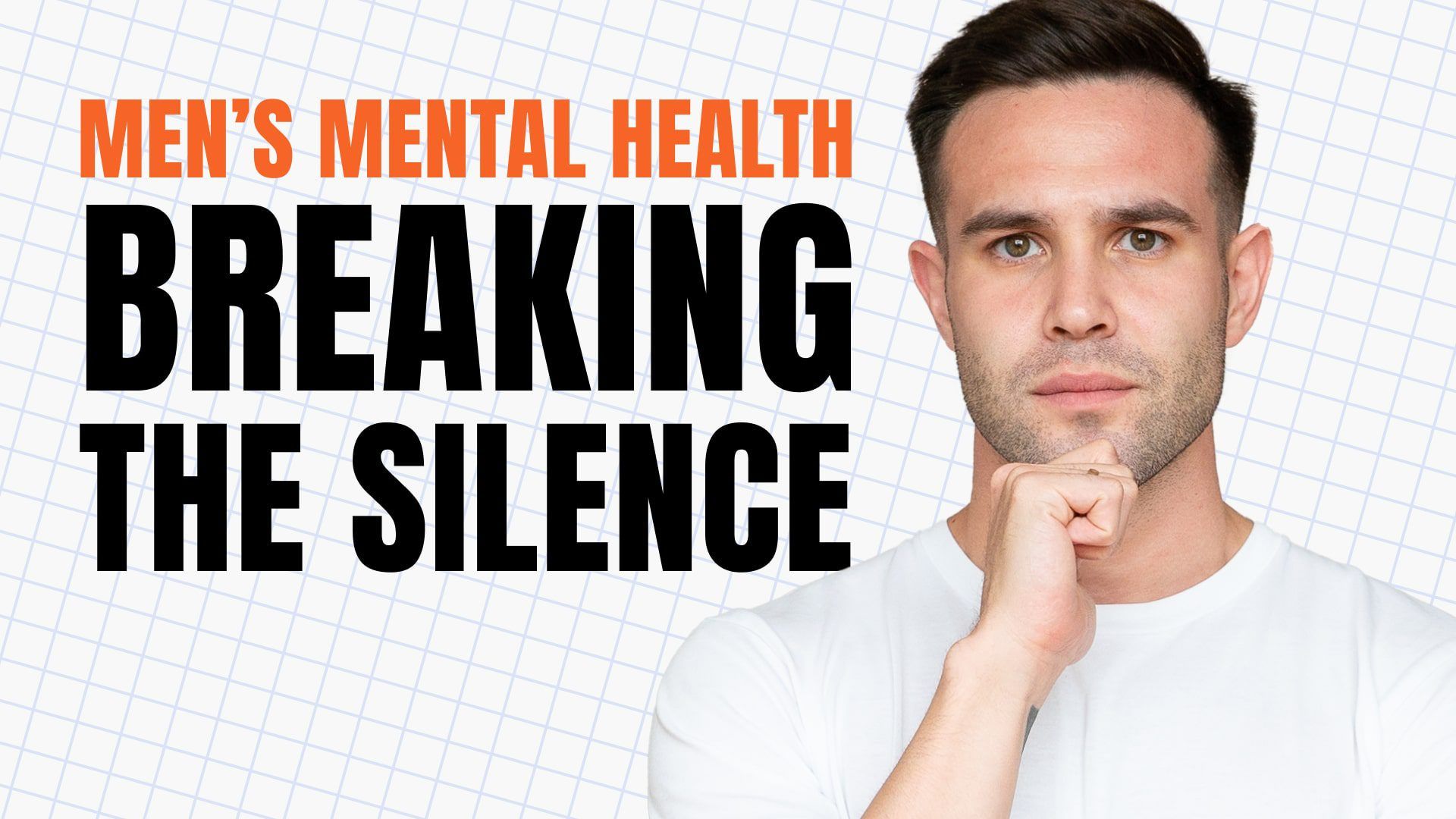Pre-Workout Supplements: What’s Inside and Are They Safe?

Table of contents
In this article, you will learn…
Pre-workout supplements are popular among athletes and gym-goers for providing an extra energy boost, but are they truly safe? In this article, we’ll explore what’s inside these supplements and evaluate their safety.
You’ll learn about common ingredients like caffeine, creatine, and beta-alanine, and understand both the potential benefits and risks of using these products.
Pre-workout supplements can enhance performance, but misuse or overuse can lead to unwanted side effects like heart palpitations and anxiety.
Don’t like to read? Watch the video
Key Takeaways
- Pre-workout supplements contain a variety of ingredients like caffeine, creatine, and nitric oxide boosters to improve workout performance.
- While they can boost energy and endurance, excessive use of stimulants may cause side effects like insomnia, jitters, and heart issues.
- Pre-workouts are not strictly regulated, so choosing third-party-tested products is important for safety.
- Natural alternatives, like proper hydration and balanced meals, can also provide energy without the risks associated with supplements.
What Are Pre-Workout Supplements?
Pre-workout supplements are formulated to provide a quick energy boost, enhance focus, and improve endurance during workouts.
They’re typically taken 30 to 45 minutes before exercise to maximize performance. These supplements are popular among athletes, bodybuilders, and gym enthusiasts looking to push themselves harder during training sessions.
Pre-workout supplements often come in powdered form, but they can also be found as capsules or ready-to-drink beverages. The goal is to deliver fast-acting nutrients that increase energy, delay fatigue, and improve muscle endurance during high-intensity activities.
Most pre-workout formulas contain a mix of stimulants, amino acids, and other compounds aimed at enhancing physical performance.
Common Ingredients in Pre-Workout Supplements
Pre-workouts usually contain multiple ingredients that work synergistically to boost energy and endurance. Here are some of the most common components:
Caffeine
One of the main ingredients in most pre-workouts is caffeine, which stimulates the central nervous system to increase alertness, reduce perceived effort, and improve stamina.
Caffeine doses in pre-workouts vary but typically range from 150 mg to 300 mg per serving, which can be the equivalent of up to three cups of coffee.
While caffeine is effective at increasing energy and focus, excessive intake can lead to side effects like jitteriness, anxiety, and heart palpitations.
Creatine
Creatine is a naturally occurring compound that helps produce energy in muscle cells. It’s known for improving strength, power, and recovery during high-intensity exercise. Studies show that daily doses of 3-5 grams of creatine can help increase muscle mass and enhance performance over time.
Beta-Alanine
Beta-alanine is an amino acid that increases carnosine levels in muscles, which helps buffer lactic acid build-up during high-intensity workouts.
This reduces muscle fatigue and allows you to push harder for longer. A common side effect of beta-alanine is a tingling sensation, known as paresthesia, which is harmless but can be uncomfortable for some users.
Nitric Oxide Boosters (e.g., L-Citrulline, Arginine)
Nitric oxide boosters, such as L-citrulline and arginine, help increase blood flow to muscles by promoting vasodilation (widening of blood vessels). This improves oxygen and nutrient delivery to muscles, enhancing endurance and giving users the “pump” effect during strength training.
Taurine
Taurine is an amino acid commonly added to pre-workout supplements to improve muscle function and endurance. It also has antioxidant properties that help reduce exercise-induced oxidative stress.
Are Pre-Workout Supplements Safe or Dangerous?
Pre-workout supplements can be both safe and effective when used responsibly, but they also carry risks, especially when misused or taken in excessive amounts. The safety of these products largely depends on the ingredients, dosages, and the individual’s health condition.
Potential Benefits
When used correctly, pre-workouts can offer significant performance benefits. Common ingredients like caffeine and beta-alanine have been shown to improve endurance, focus, and muscle fatigue.
Caffeine, for instance, is a well-researched stimulant that can enhance mental clarity and physical performance. Meanwhile, nitric oxide boosters like L-citrulline help increase blood flow, which can enhance muscle pumps and workout endurance.
Potential Risks
However, pre-workout supplements also come with potential dangers. One of the biggest concerns is the high amount of stimulants like caffeine, which, in large doses, can lead to side effects such as insomnia, jitters, rapid heart rate, and anxiety.
Individuals sensitive to stimulants or those with pre-existing heart conditions should be particularly cautious, as high doses of caffeine can increase the risk of heart complications, including heart palpitations and elevated blood pressure.
Unregulated Ingredients
Another concern is that pre-workout supplements are not strictly regulated by the FDA. Some products may contain unlisted ingredients, dangerous stimulants, or unsafe dosages.
This makes it crucial to choose supplements that are third-party tested for purity and safety, such as those with NSF or Informed-Choice certifications.
In summary, pre-workout supplements can be safe for most people when used as directed. However, it’s important to consult with a healthcare professional before starting any supplement, particularly if you have underlying health conditions.
How to Use Pre-Workout Supplements Safely
To ensure the safe use of pre-workout supplements, it’s essential to follow proper guidelines on dosage and timing, as well as consider potential alternatives.
Recommended Dosages
Start with a lower dose to assess your tolerance, particularly with stimulants like caffeine. Most experts recommend limiting caffeine intake to no more than 400 mg per day, which is roughly equivalent to 3-4 cups of coffee.
If your pre-workout contains 200-300 mg of caffeine per serving, avoid other caffeinated beverages throughout the day to minimize the risk of side effects like insomnia or jitters.
Timing
Pre-workouts are typically taken 30-45 minutes before exercise, allowing the ingredients to be fully absorbed and effective during the workout. Avoid taking them too late in the day, especially if they contain stimulants, as this can interfere with sleep.
Who Should Avoid Pre-Workouts?
Pre-workouts are not suitable for everyone. People with heart conditions, high blood pressure, or sensitivity to stimulants should either avoid pre-workout supplements or opt for stimulant-free versions.
Pregnant women and those with certain medical conditions should also consult their doctor before using any pre-workout products.
Natural Alternatives
For those who prefer a natural approach, consuming a balanced meal with protein and complex carbohydrates before a workout can provide steady energy without the risks associated with stimulants. Staying well-hydrated and maintaining a healthy sleep routine can also optimize performance without the need for supplements.
Conclusion
Pre-workout supplements can provide a performance boost during workouts, helping to improve endurance, focus, and energy.
Ingredients like caffeine, creatine, and beta-alanine are commonly included in these products and have been shown to enhance physical performance when taken in the right amounts. However, there are risks associated with pre-workout supplements, especially when they contain high doses of stimulants or unregulated ingredients.
To use pre-workout supplements safely, it’s important to follow recommended dosages, start with a low dose to assess your tolerance, and avoid combining them with other sources of caffeine.
Individuals with pre-existing health conditions or sensitivities to stimulants should exercise caution or opt for stimulant-free alternatives.
Natural energy sources, such as a well-balanced meal or proper hydration, can also provide the necessary boost without the potential side effects associated with supplements.
Ultimately, pre-workout supplements can be a valuable tool for enhancing workout performance, but it’s essential to choose safe, third-party-tested products and use them responsibly.
FAQ
Can I take pre-workout supplements on an empty stomach?
Taking pre-workout supplements on an empty stomach can lead to faster absorption of ingredients like caffeine, which may enhance performance.
However, for some people, this may cause nausea or jitteriness due to the stimulants being absorbed too quickly. To avoid this, try eating a light snack 30-60 minutes before taking the supplement.
Are stimulant-free pre-workouts effective?
Yes, stimulant-free pre-workouts can still be effective. They typically rely on ingredients like creatine, beta-alanine, and L-citrulline, which help with endurance, muscle recovery, and blood flow.
These pre-workouts are a good option for individuals sensitive to caffeine or those who work out later in the day.
Can pre-workout supplements cause dehydration?
Yes, some pre-workout ingredients, especially caffeine and beta-alanine, can increase fluid loss through sweating and urination. It’s important to stay hydrated before, during, and after your workout to avoid dehydration, which can affect performance and overall health.
How long do the effects of pre-workout supplements last?
The effects of pre-workout supplements typically last 1.5 to 3 hours, depending on the ingredients and individual metabolism. Stimulants like caffeine can stay in your system for several hours, which is why it’s best to avoid taking pre-workouts late in the day to prevent sleep disruption.
Can pre-workout supplements lead to dependency?
There is potential for psychological dependency on pre-workout supplements, especially those high in stimulants like caffeine. Some users may feel they cannot perform well without them, leading to habitual use. It’s important to cycle off or limit use to avoid relying solely on supplements for energy.
Are there any age restrictions for using pre-workout supplements?
Most pre-workout supplements are intended for adults. Teenagers and young athletes should be cautious, as high doses of stimulants and other performance-enhancing ingredients can affect heart health and hormonal development.
It’s best to consult with a healthcare provider before using pre-workout products at a young age.
Do pre-workout supplements affect sleep?
Yes, pre-workout supplements containing stimulants like caffeine can interfere with sleep if taken too late in the day. To avoid this, try to consume your pre-workout at least 4-6 hours before bedtime to allow time for the caffeine to metabolize and clear your system.
Can I take pre-workout supplements with other supplements?
While many pre-workout ingredients can be safely combined with other supplements like protein powder or BCAAs, it’s important to be cautious with stacking stimulants. Combining high doses of caffeine from different sources can increase the risk of side effects like jitters, anxiety, and heart palpitations.
Are pre-workouts necessary for everyone?
No, pre-workouts are not necessary for everyone. Many people can achieve great workout performance with natural energy sources, such as a balanced meal or proper hydration. Pre-workouts are primarily for those looking for an extra edge in high-intensity workouts.
Can pre-workouts interact with medications?
Yes, pre-workout supplements, particularly those with stimulants, can interact with certain medications, such as those for heart conditions or high blood pressure. It’s crucial to consult a healthcare professional before using pre-workout supplements if you’re taking medication.
Works Cited, Relevant Links, and Studies
- Mayo Clinic. (2024). Are pre-workout supplements safe?
- Journal of the International Society of Sports Nutrition. (2020). Multi-ingredient pre-workout supplements and safety implications.
- Cleveland Clinic. (2024). Are pre-workout powders safe?
- NSCA. (2024). Pre-workout supplementation: The good, the bad, and the ugly.
- Healthline. (2024). What are pre-workout supplements and are they safe?
- WebMD. (2024). Benefits and risks of pre-workout supplements.
- EatingWell. (2024). Pre-workout supplements: What you need to know.
- Medical News Today. (2024). Pre-workout supplements: Side effects and risks.
This is a personal blog. I am not a doctor, fitness coach, nutritionist, or trained health professional. The information I share is based on my personal experience, self-research, and insights from working with health and wellness professionals. My content is for informational and entertainment purposes only and is not intended as health advice.
Always consult with your healthcare provider before making any significant changes to your health routines or treatments. I am not liable for any actions taken based on this information.
With that said, your well-being is my top priority. Stay healthy and take care!
Credits and Team















Leave a Reply